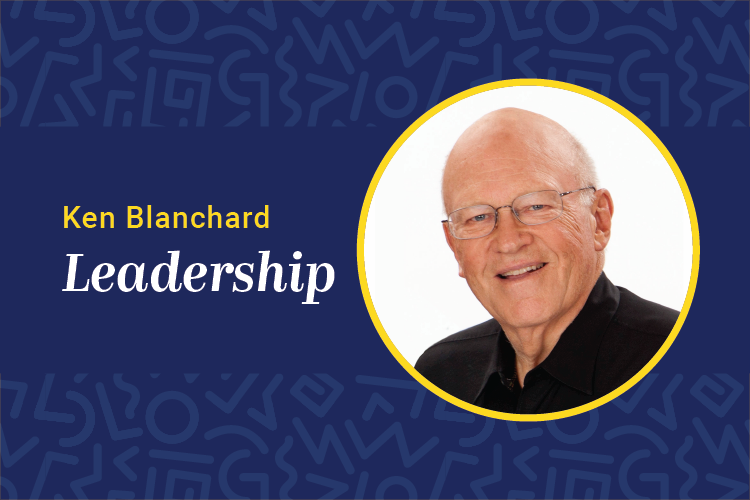 An ancient Chinese philosopher named Zhuang Zhou wrote about a man traveling across a river in his boat when he noticed another boat quickly coming straight for him. The man began waving his arms and calling out to the boat’s driver to change course. As the boat closed in on him, he cursed and shouted louder. As the two boats collided, he screamed out, threatening the driver and calling him horrible names. But then he made a discovery. The other boat was empty — it had no driver at all. The current of the river had caused the collision. The man immediately stopped yelling because why would anyone scream threats at an empty boat?
An ancient Chinese philosopher named Zhuang Zhou wrote about a man traveling across a river in his boat when he noticed another boat quickly coming straight for him. The man began waving his arms and calling out to the boat’s driver to change course. As the boat closed in on him, he cursed and shouted louder. As the two boats collided, he screamed out, threatening the driver and calling him horrible names. But then he made a discovery. The other boat was empty — it had no driver at all. The current of the river had caused the collision. The man immediately stopped yelling because why would anyone scream threats at an empty boat?
In this fable, the man’s anger diminished when he realized no one was at fault. Why is it when there is no one to blame for a mishap, we can behave calmly. But when we perceive someone is at fault, we feel justified to act out in anger?
My friend, Marshall Goldsmith, a fabulous coach and author, refers to this story in his latest book, “Triggers: Creating Behavior That Lasts — Becoming the Person You Want to Be.” He said the moral of the story is, “There’s never anyone in the other boat. We are always screaming at an empty vessel.”
Marshall’s point is that people usually don’t set a goal to ruin our day. We only punish ourselves when we allow our perceptions of others’ behavior to affect us negatively. So we can scream at an empty boat or we can reach out, support and encourage others.
This past spring, I accepted an invitation from the organizers of the 55th reunion of Cornell University’s Class of 1961 — my class — to conduct a couple of workshops on the topic of one of my books. After receiving an announcement about the reunion agenda, a former classmate of mine contacted the committee, objecting strongly to what he perceived as commercial promotion of not only the book, but also my company’s programs and me as a professional trainer and speaker. He seemed to envision my sessions taking over the reunion weekend. The organizers assured him there would be plenty of other workshops to choose from, and that no commercial promotion was allowed by any speaker. They passed his comments along to me and asked for my feedback.
I remembered this gentleman as a great guy. So when I read his list of concerns, I admit my first reaction was surprise and defensiveness. But the last thing I wanted to do was respond with disdain, which would surely cause a personal rift between us. I assumed he just misunderstood the topic of the book as well as the organizers’ intent.
I wrote to him and explained I would be donating the books to our classmates, and that our company didn’t even have a training program on that topic. I shared with him that I wasn’t looking for new business or financial gain; I only wanted to provide folks with an additional — and I hoped interesting — conversation topic above and beyond reminiscing. I closed by letting him know I looked forward to seeing him at the reunion and would appreciate his feedback on my session. He replied with a cordial note, thanking me for addressing his concerns and graciously allowing that he had misinterpreted the purpose of my presentations. He explained that a family vacation would preclude him from being at the reunion, but there were no hard feelings and he wished me well.
Suppose as you leave your house one morning, someone yells at you. You have a choice: you can yell back, or you can hug the person and wish them a good day. Say someone cuts you off on your way to work. You have a choice: you can chase them down and make an obscene gesture, or you can take a deep breath and go on your way. We have choices all the time as we go through this life. We can shout at an empty boat, or we can choose to be kind and make the world a better place as we interact with people at work, at home and in the community.
Ken Blanchard is chief spiritual officer of The Ken Blanchard Cos. and co-author of “Collaboration Begins with You: Be a Silo Buster.” Comment below, or email editor@CLOmedia.com.















